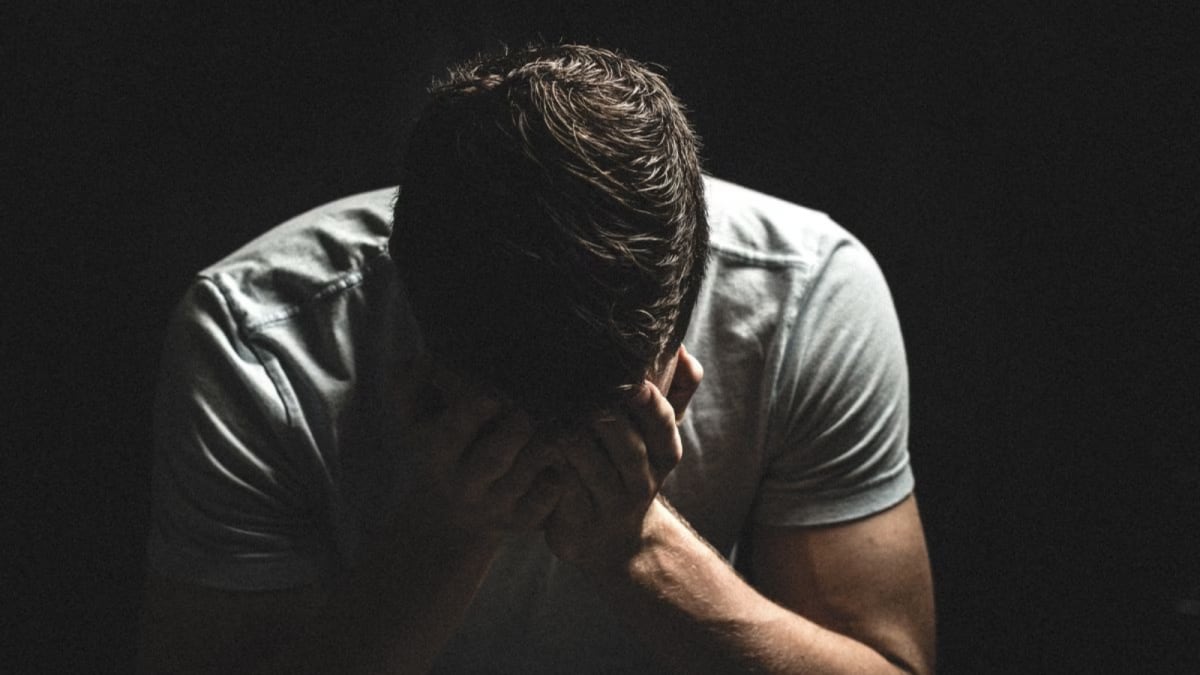
Bladder Full But Can’t Pee? What It Means For Men – News18
Last Updated:
Small leaks sinks big ships, if any urine issues are addressed at the earlier stage itself, it can prevent future disasters
A patient in acute urinary retention will require urgent catheterization to relieve pain and give rest to the bladder.
The phrase, “full bladder, but can’t pee?”, in a male, refers to inability of a male to pass urine satisfactorily despite of having a bladder filled with urine. Dr. Sanjay Prakash J, Consultant Microsurgical Andrologist & Urologist, Asian Institute of Nephrology and Urology, Chennai shares all you need to know:
What all it can be?
1. He may have a blockage along the urinary pathway that may impede the complete emptying of the bladder or
2. He may be in a state of acute urinary retention, where he will not be able to pass urine at all associated with severe lower abdominal pain
3. He may be in a state of chronic retention, where he will still not be able to pass urine with no lower abdominal pain and a very large capacity bladder.
What are the causes?
1. Prostate problems – a benign enlargement of prostate and prostate cancer
2. Stricture urethra – any block / narrowing in the urethra
3. Bladder stones
4. Neurogenic bladder failure, i.e. inability of the bladder to contract and release urine like in spinal cord injury, stroke, diabetes mellitus, Parkinson’s disease etc
5. Urinary tract Infections
6. Medications like anticholinergics, cough syrups, pain killers can interfere with bladder emptying
7. Severe constipation
8. Drug abuse
What it can do to the body?
If this symptom is neglected in the early stages, it can lead to
1. Progressive thickening of the bladder wall due to overload on it and will stop contracting eventually
2. Formation of small outpouching from the bladder wall called as sacculation
3. Bladder stone formation
4. Recurrent urinary tract infections and blood in urine (aka hematuria)
5. Urinary leak
6. Progressive irreversible damage of the kidney, necessitating dialysis/transplantation in the future.
What needs to be done?
It is important to meet a Urologist for any such urinary symptoms when at its nascent stage.
He would evaluate you for the causes with basic investigations which include a ultrasound scan of the abdomen, urine speed test (aka uroflowmetry), PSA (prostate specific antigen), blood creatinine and a urine microscopy.
A patient in acute urinary retention will require urgent catheterization to relieve pain and give rest to the bladder.
A patient in chronic retention will also need catheterization will additional neurological evaluation.
The treatment options range from simple medications, endoscopic procedures to laparoscopic/robotic surgeries which can be individualized as per the patient’s condition demands.
This is the era, many innovative, non-invasive and novel procedures like Laser enucleation of prostate, REZUM – water vapor therapy, UROLIFT are available which can be considered according to patient’s requirements and the overall hospitalization can be reduced significantly.
Small leaks sinks big ships, if any urine issues are addressed at the earlier stage itself, it can prevent future disasters. Don’t put your bladder at strain and it may be unforgiving on you.









